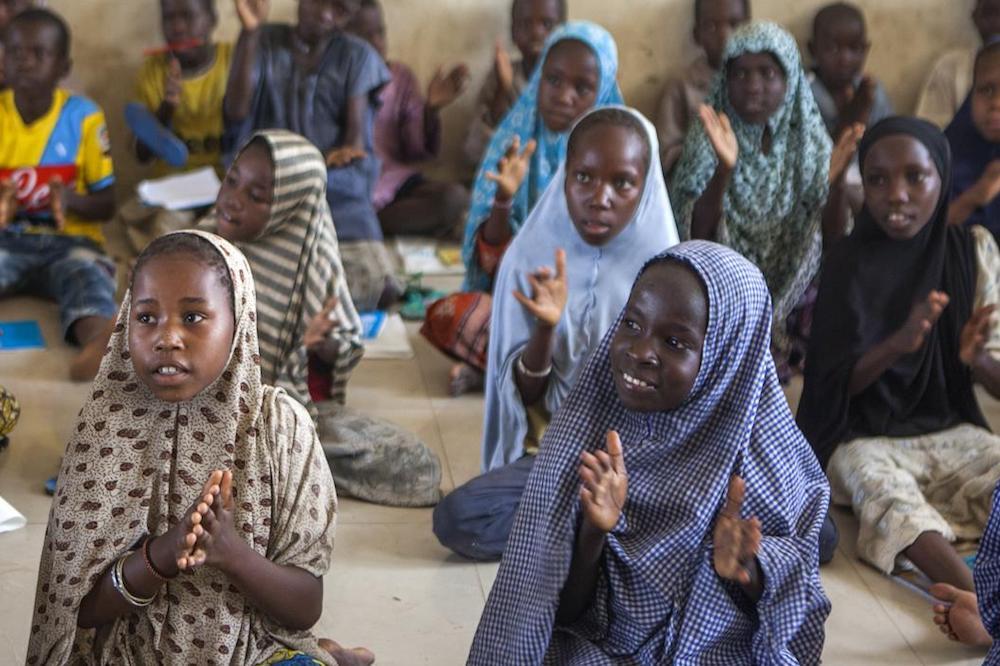
International Day for Street Children: Are those we cannot count able to count on us?
Child labour
Picture: International Day for Street Children
In Rio, it is an eight-year-old boy cleaning a car at a busy traffic light to make ends meet for his sick mother back home. In Mumbai, it is a 12-year-old girl who ran away from an abusive home and is now selling goods to people passing by along a dusty road.
This is part of the daily life for a child who works and lives on the streets.
Around the globe, up to 100 million children are forced to live and work on the streets as a means of survival that results in missed opportunities and education. These children exist in every region of the world and vary among different ages and genders. The actual numbers of street children are hard to determine since they are often overlooked by surveys and censuses.
The myth that all street children fall into one category is debunked by looking at the child’s background; whether the child has no home or family at all or the child is forced to work in the streets during the day to only return home at night. Regardless of their background, both categories of street children are subject to the same dangers of abuse, exploitation, disease and violence.
Because of the necessity to work during the day, an informal education system is often the only option presented. However, attending school in short spans or at night can increase the exposure of violence and/or gang activity.
In response to the dire need for street children and their advocates to be heard and recognised, the International Day for Street Children was developed. This day is observed every year on April 12.
Picture: International Labour Organization in Asia and Pacific
The International Day for Street Children says to governments and policymakers that just because the number of street children are hard to collect and count it does not mean these children should be counted out of opportunities to learn and achieve. These children are still our future and very deserving of investment into their educational opportunities.
In response to the day, organisations around the world are taking part in giving voices to the cause.
Currently, there is not an official United Nations Day for Street Children. In response, the Consortium for Street Children has decided its theme for the day is “a celebration of the United Nations agreeing to develop a General Comment on Children in Street Situations and the positive impact it will have on street children and the organisations that support them.”
In Rio de Janeiro, Street Child United will be holding a Day of Inclusion, which will bring together 80 children from across the city for sports and arts activities. In collaboration with this event is the 450th anniversary of the City of Rio. Street Child United looks to make sure that the children of Rio feel a part of this celebration
What you can do
In addition to signing your name to the #UpforSchool Petition – which demands that world leaders keep their promise to get every child into school – share your support on social media using these messages:
Street children are rising #UpforSchool. #TweetForTheStreet so all children can obtain quality edu. www.upforschool.org
To get the world #UpForSchool, #TweetForTheStreet so that ALL children can have access to quality education www.upforschool.org
See what people are tweeting
More news

